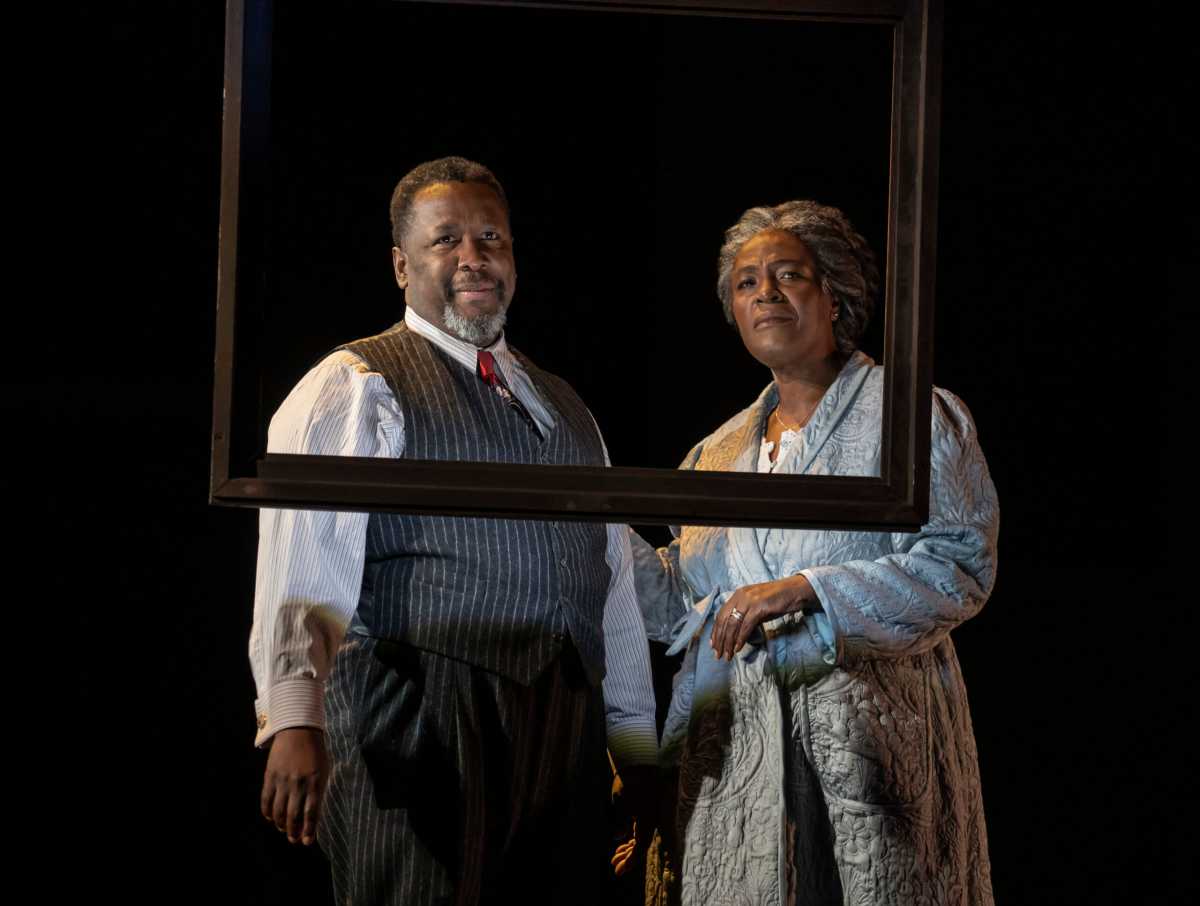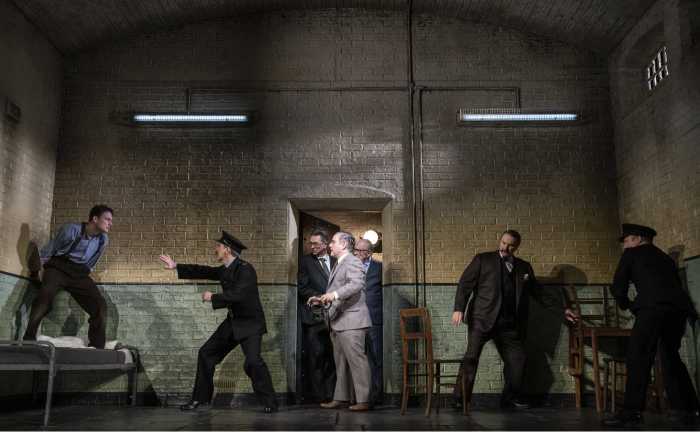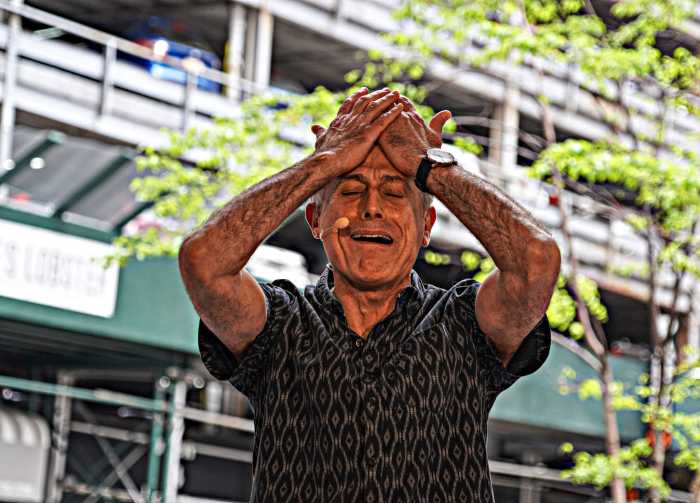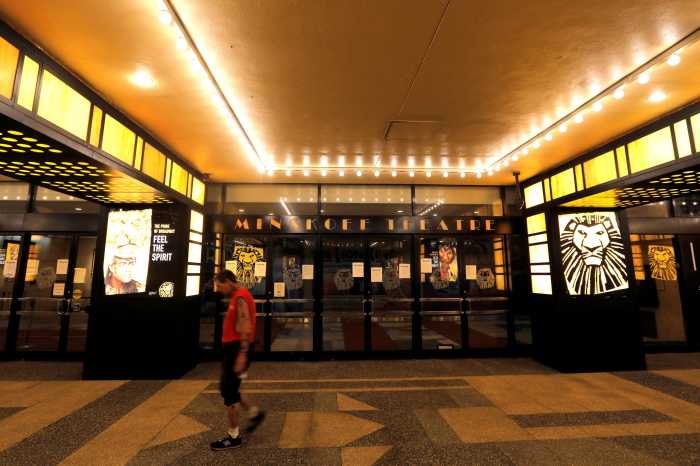Arthur Miller’s seminal American tragedy “Death of a Salesman” tends to receive a major revival at least once every decade – and with good reason. It is a monumental work that speaks to American identity, desire, and regret and provides the kind of emotional catharsis that the Greeks had in mind when they invented drama.
One can argue at length about the implications of casting Black actors as the Loman family and making small edits to the play in order to clearly acknowledge race, especially in light of comments by Miller that Willy Loman is a universal “everyman,” without a distinct racial or ethnic background, and claims by critics that Willy must have been Jewish.
The same goes for the questionable addition of blues songs and underscoring (including live guitar and vocals) to the text, which bloats the running time to three hours and 10 minutes – about a half-hour longer than usual.
But in the end, the play’s new Broadway revival, which originated at London’s Young Vic Theatre and stars Wendell Pierce (“The Wire”) and Sharon D. Clarke (“Caroline, Or Change”) as Willy and Linda Loman, makes for an accessible, compelling, and distinctive re-envisioning.
The casting builds upon the play’s theme of losing out on the promise of the American Dream. This Willy may have believed that being “well-liked” was his way to overcome the limitations of structural racism. A program note also attempts to justify the concept historically by suggesting that this Willy would have begun his career during the Great Migration to the North and resided in Brooklyn’s diverse Bedford-Stuyvesant neighborhood.
The performances are individualized and powerful, including Pierce’s mercurial Willy (jovial and hammy, then innocently bewildered and shaking), Clarke’s tough-as-nails, weathered Linda (whose handling of the “attention must be paid” monologue is superb), Khris Davis’ soft and sensitive Biff, and McKinley Belcher III’s oily and upbeat Happy.
As Willy’s long-lost older brother Ben, André De Shields displays the same strutting, stylized air that marked his Tony-winning performance in “Hadestown.” He also materializes out of smoke as if he were still playing the title role in “The Wiz.” Nevertheless, it works.
Director Miranda Cromwell emphasizes the play’s expressionistic style (in which the past and present seamlessly converge in Willy’s mind) with a spare scenic design (with household items suspended from above on wires) and by having Willy’s flashbacks take on a stilted and dizzying quality, full of camera-like flashes.
It is tempting to compare this with the new Broadway revival of “1776,” in which the casting of a diverse group of female-identifying performers as the musical’s male characters was intended to scrutinize and undercut the impact of the original text. On the other hand, casting Black actors in “Salesman” is not in tension with the play itself. Had I never seen the play before, I could have easily believed that it was written specifically about a Black family and for Black performers.
Hudson Theatre, 141 W. 44th St., salesmanonbroadway.com. Through Jan. 15.




































